Fifty years ago today, on April 25, 1974, Europe was stunned by an almost bloodless military coup that removed the continent’s most durable dictatorship: Portugal’s authoritarian “New State” that had held the country in an iron grip since 1926.
Military coups have an evil reputation in Europe. We associate them with ham-fisted juntas, arbitrary arrests, torture, and reactionary politics: the sort of regimes that ruled Chile and Argentina in the 1970s, and left those countries drenched in blood.
Since those turbulent times, Portugal has joined the rest of democratic Europe
Though military coups were a fairly common way of changing governments in Latin America, Africa and Asia, in the twentieth century they had become a rarity in Europe. At the time of the Portuguese coup, the colonels in Greece and Portugal’s Spanish neighbor — ruled by the aged General Franco — were the only countries still run by regimes installed by coups. So unfamiliar were European coups that some shied away from using the “c” word: instead, it was baptized “the carnation revolution” after the flowers that the coup-making soldiers stuck in the muzzles of their rifles, and which became the symbol of their coup.
Nevertheless, a coup — rather than a popular revolution — was what happened in Lisbon on that bright April morning. The coup was plotted and hatched by a group of young left-wing officers calling themselves the Armed Forces Movement (MFA) who were tired of fighting unwinnable wars to hang on to Portugal’s three African colonies: Angola, Mozambique and Guinea-Bissau. They were also exasperated by the sclerotic regime originally created in the 1920s by a brilliant professor of economics called Antonio de Oliveira Salazar. He had himself been brought to power to restore stability by military officers, who had presided over a bloody succession of coups and short-lived juntas since the overthrow of the Portuguese monarchy in 1910.
Salazar indeed brought order and stability to the impoverished country — but the price was an increasingly brutal dictatorship with the usual adornments of such regimes: a one-party state, a secret police, jailing and killing of opponents, and tight control of freedom of expression. In Portugal’s case, the country was also burdened by the cost of fighting liberation movements in Africa that by the 1970s were eating up half of the impoverished country’s GDP.
Though the Salazar regime had undeniable achievements to its credit — improving infrastructure like roads and bridges and keeping Portugal neutral during World War Two for example — by the time the old dictator died in 1970 it had long outlived its welcome, and looked increasingly anachronistic. Salazar’s successor Marcelo Caetano had tried to moderate and modernize the regime, but he was hamstrung by the running sore of the unpopular and costly African wars.
The young officers of the MFA who moved their men from their barracks to take over the government that morning were greeted as liberators by a wildly celebrating population — but had confused ideas of what to do with the power that had fallen into their hands.
The result was more than a year of political chaos as rival factions and leaders within the MFA competed — with the newly legalized Communist Party pulling their strings behind the scenes. It looked at times as if Portugal would become a Soviet style state joining the still enslaved countries of Eastern Europe. But the Portuguese people were not ready to exchange a dictatorship of the right for one of the left.
In 1975, a moderate officer named Antonio Ramalho Eanes emerged from the MFA, defeated a left-wing coup attempt by his charismatic rival Otelo de Carvalho, and in 1976 convincingly won a free presidential election. Eanes negotiated an end to the African wars, and led Portugal into the emerging European Union. Neighboring Spain had followed the same path after Franco’s death in 1975.
Since those turbulent times, Portugal has joined the rest of democratic Europe, with peaceful regular elections, centrist political parties, and a prosperous economy boosted by ever flourishing tourism. It all goes to show that military coups can sometimes have a good outcome.
This article was originally published on The Spectator’s UK website.



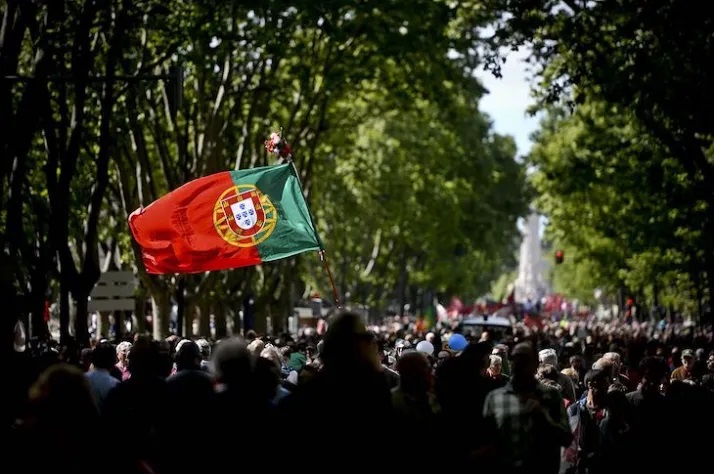






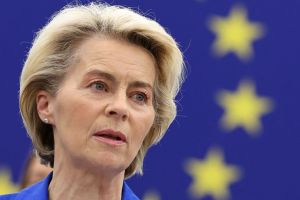

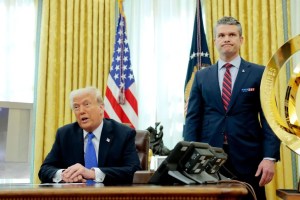
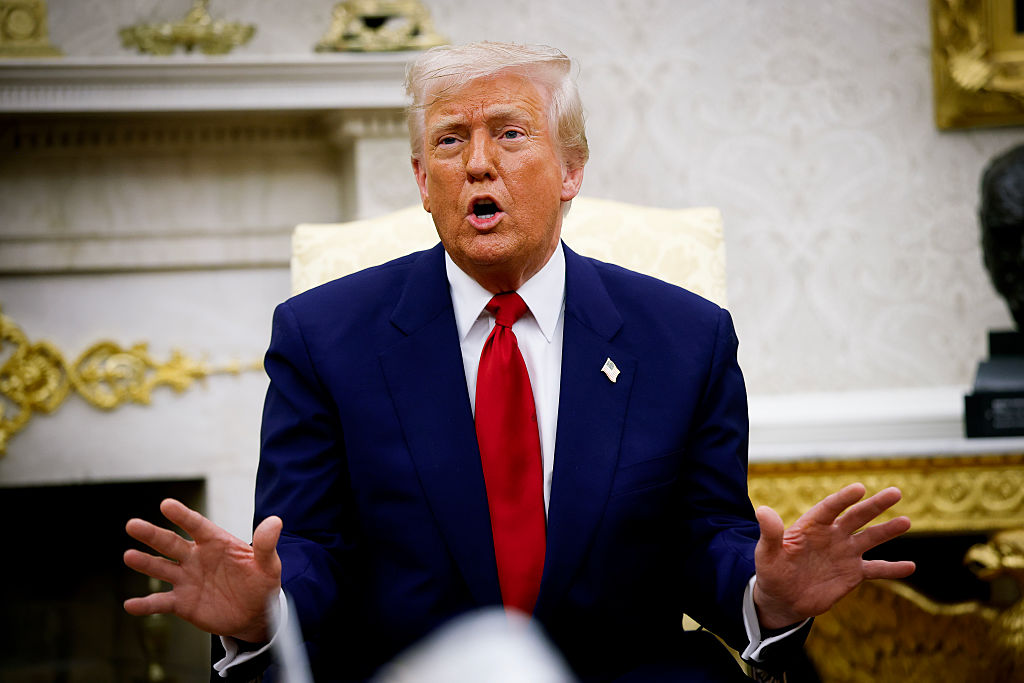



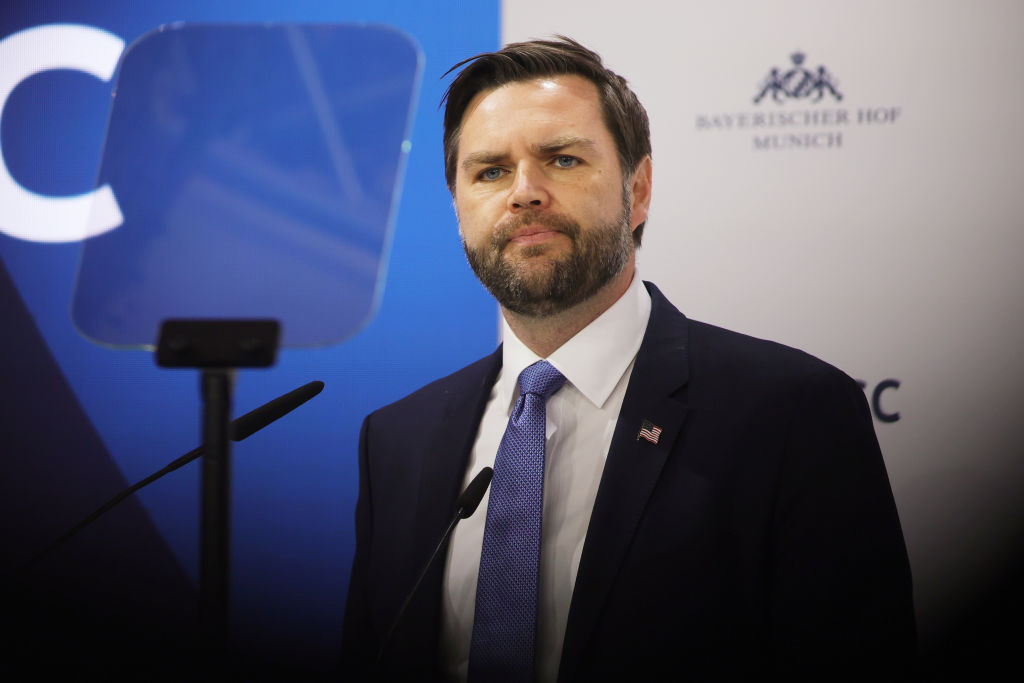
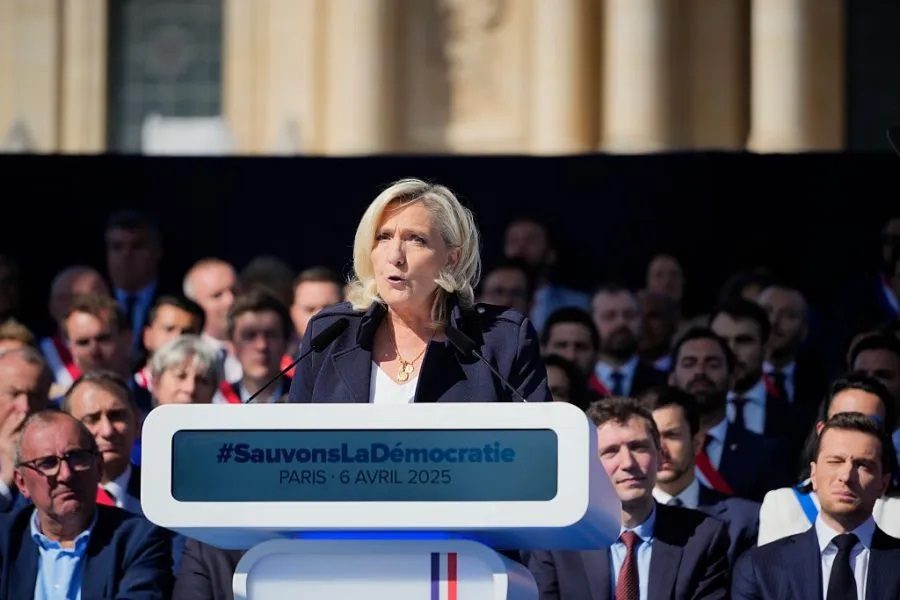







Leave a Reply